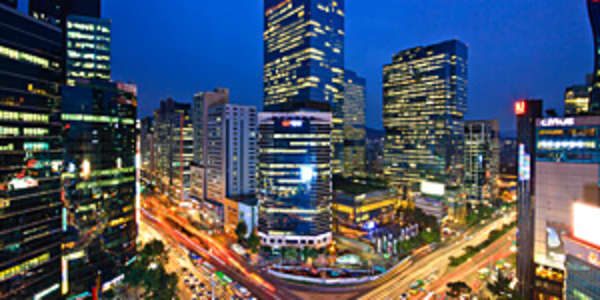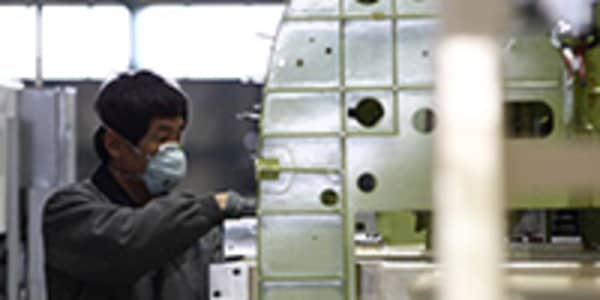South Korean equities may be among the cheapest in the region, but investment strategists tell CNBC that even compelling valuations are not enough to lure them back into shares given a bleak outlook for the country’s key export markets.
Shares in South Korea are trading at 8.5 times forward earnings, compared with 9.2 times in China and 13 times in Taiwan.
The country's benchmark KOSPI index, seen as a proxy for global growth due to the economy's gearing towards exports, is flat year-to-date, erasing gains seen earlier this year, due to heightened risk aversion. It is the third worst performing market in Asia so far this year, after Japan’s Nikkei 225 and China’s Shanghai Composite .
However, experts say there is little scope for the South Korean market to stage a turnaround in the second-half because corporate earnings are set to underperform expectations, as the slowdown in global growth hits demand from key export destinations: the U.S., Europe and China.
“The equity market remains susceptible to serial earnings downgrades and there is little evidence to suggest that we are close to the end,” said Sean Darby chief global equity strategist at Jefferies Group, who has been bearish on the South Koreanmarket since the first quarter of 2012.
The KOSPI index is dominated by exporters and manufacturers such as LG Chemical and shipbuilder Hyundai Heavy Industries whose profitability is linked to fluctuations in external demand.
Herald van der Linde, Head of Equity Strategy, Asia-Pacific, at HSBC, added that current consensus earnings estimates appear to be overly optimistic. He downgraded Korean stocks to underweight from neutral at the end of June.
“Korean analysts are forecasting earnings per share (EPS) growth of 41.3 percent for Korean equities in 2012, which puts the market at most risk in the region for negative growth surprises,” he said.
In addition to the risk surrounding earnings, van der Linde says South Korea’s sluggish property market, weakening domestic consumption and weaker exports suggest the domestic economy could slow down more than anticipated in the second half of the year.
Exports, which account for around 50 percent of the country’s gross domestic product (GDP), rose just 1.3 percent year-on-year in June, after contracting 0.6 percent in the previous month. Concerns over the growth slowdown prompted the Bank of Korea earlier this month to reduce its 2012 growth forecast for the second time this year, and cut interest rates by 25 basis points.
“We suspect that the recent downgrading in economic growth by the authorities and rate cut is an admission that a (market) turnaround is quite some way off,” added Darby.
Shaun Cochran, Head of Korea research at CLSA in Seoul, another Korea bear, forecasts that the KOSPI is headed down towards 1,450 over the next three to six months – a 20 percent decline from current levels.
He warned that cyclical sectors including construction, chemicals and shipbuilding are among the most susceptible to the downside in a weak macro setting.
However, for investors looking to gain exposure to the market, Cochran recommended putting money in large, liquid names such as Kepco, KT&G, Hana Financial, Samsung Fire and Marine and Posco, which he believes will outperform in the current environment.
By CNBC's Ansuya Harjani





